The readiness and desire to do more to support Ukrainian journalism and Ukrainian journalists were announced by representatives of the international journalistic community on June 8 during an online meeting of the NUJU and Journalists’ Solidarity Centers (JSC) teams with prominent representatives of the International and European Federations of Journalists (IFJ and EFJ), and UNESCO.
“On behalf of the journalistic community, I would like to express the particular solidarity of the journalistic community with the residents of Ukraine affected by the Kakhovka HEPP tragedy,” said Ricardo Gutiérrez, EFJ Secretary General, opening the meeting.
Dominique Pradalié, the President of the IFJ, emphasized that victims among Ukrainian journalists are a terrible phenomenon that should not have happened.
“They gave their lives while doing their job. The situation in Ukraine is complicated, and on behalf of all the journalists we represent, especially those who understand what war is like and what it is like to be under occupation, I want to express my solidarity with my Ukrainian colleagues,” said Ms. Pradalié. “We really want to help you, and we are helping you, but maybe it is not enough. Freedom of speech is still under threat in Ukraine. That is why we are participating in this meeting. We want to learn about your needs.”
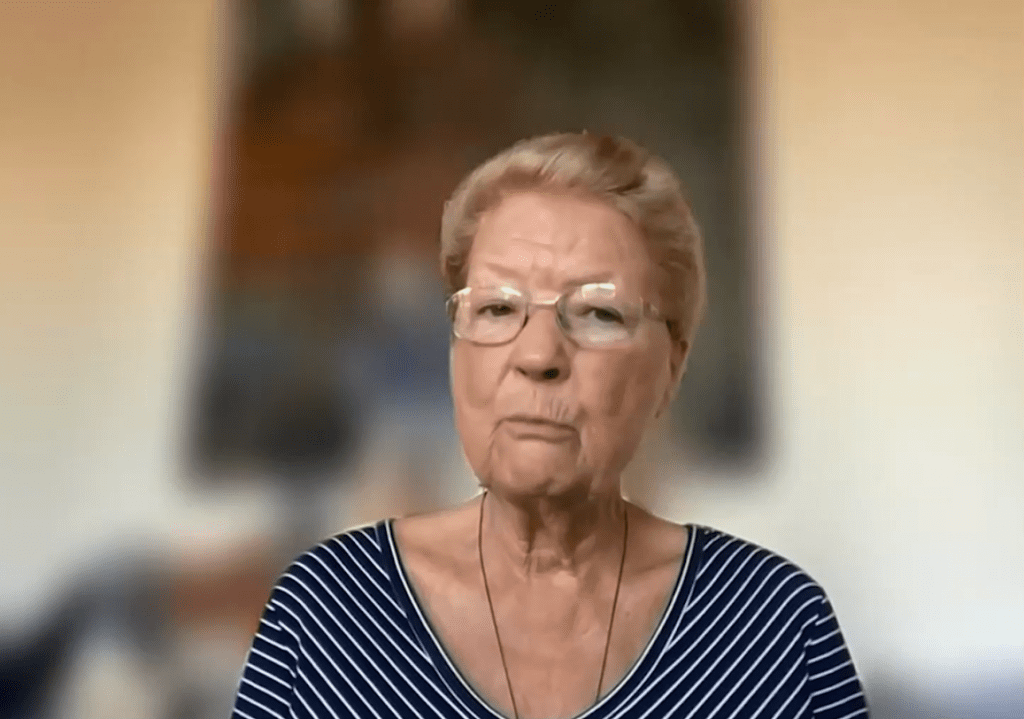
Maja Sever, the President of the EFJ, noted that the Federation follows the course of the war in Ukraine, tries to support the media environment, and shows solidarity with Ukrainian colleagues.
“Unfortunately, we have to note that the situation is getting worse: in recent days, we have seen incredibly terrible events – such as the destruction of the HEPP. Know that we are with you, trying to help and express solidarity. But I must admit that sometimes I feel powerless because I want to do more. Many journalistic organizations share my feelings and desire to help. We are here to hear you, to help protect journalism in Ukraine,” emphasized Maja Sever.
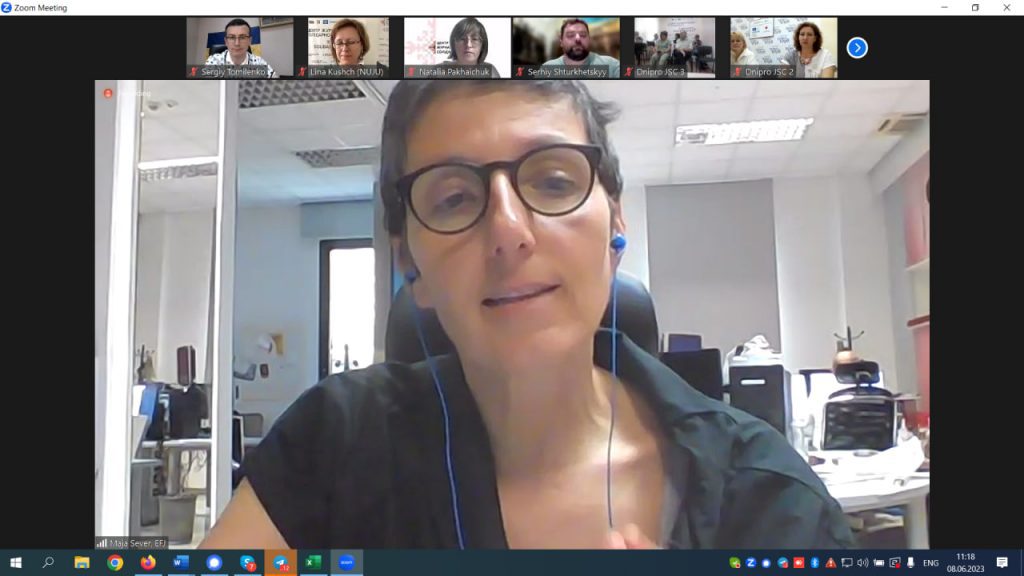
During the meeting, the Journalists’ Solidarity Centers teams talked about the realities of journalists’ work in Ukraine at present, mutual assistance, and priorities in the field of journalists’ safety and the financial stability of the media. The participation of Dmytro Kliuchko, a front-line reporter of the UNIAN news agency from Kherson, was particularly important.
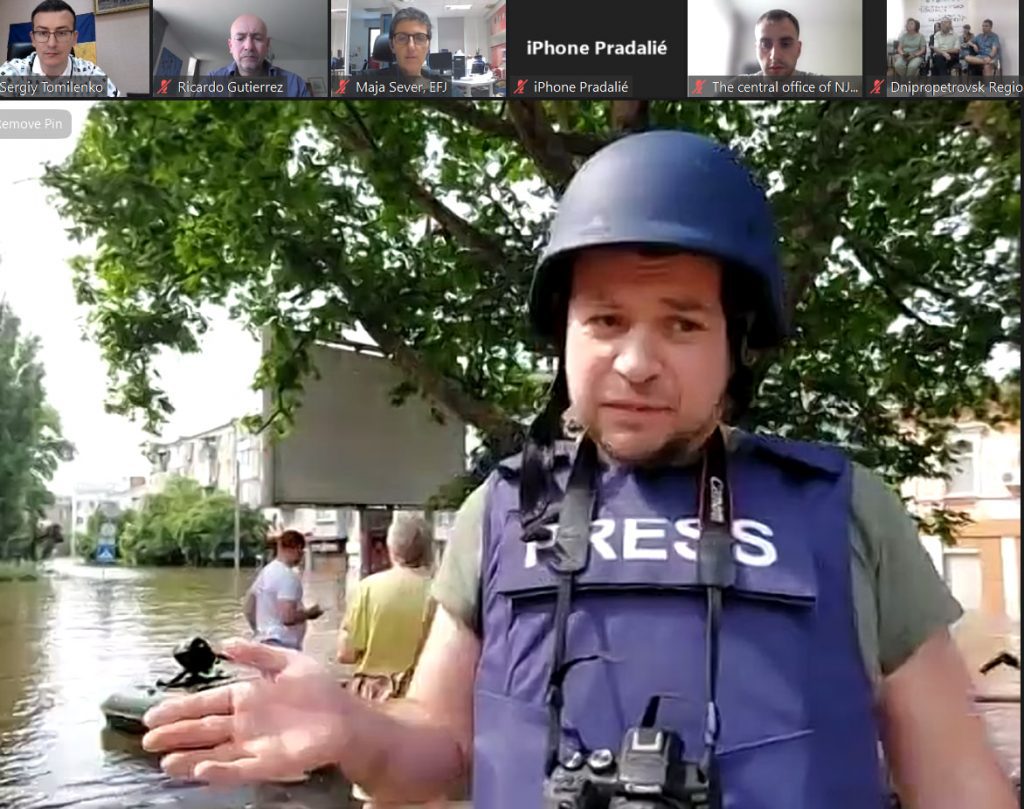
“I want to thank the team of our Journalists’ Solidarity Centers from Zaporizhzhia, Dnipro, Ivano-Frankivsk, Lviv, and Chernivtsi. Important work is also done by the center in Lutsk, which is administered by the Independent Media Trade Union of Ukraine,” notes Sergiy Tomilenko, the President of the NUJU. “It is important for our colleagues from Europe to receive direct reports from Ukrainian journalists, to see that the aid provided supports real journalists and the media, promotes citizens’ access to important information during the war.”
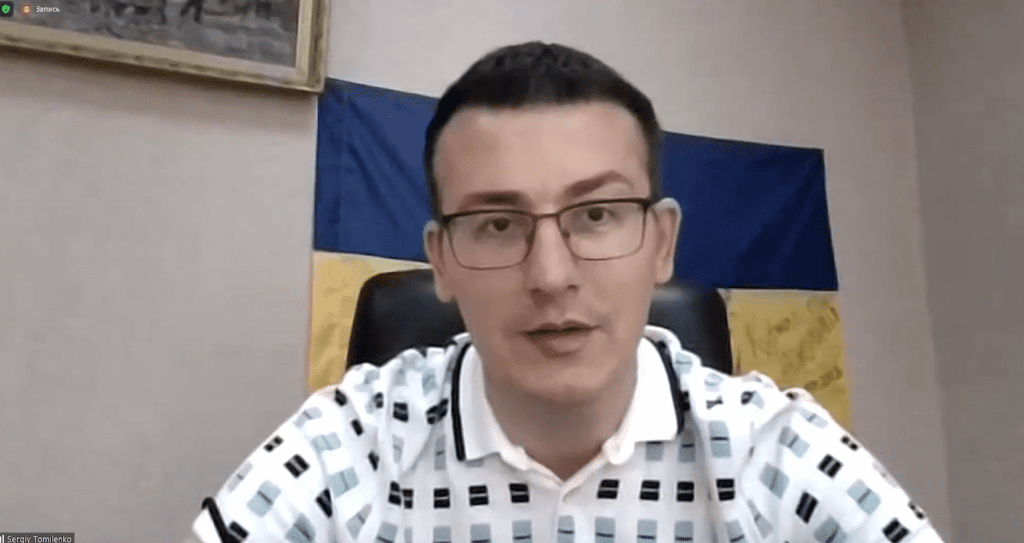
The key priority of NUJU was presented, in particular, the revival of local newspapers in the de-occupied and front-line territories (the editor of the Trudova Slava newspaper from the town of Orikhiv, Svitlana Karpenko and the editor-in-chief of the Kherson-based newspaper Novyi Den, Anatolii Zhupyna, spoke at the online meeting). They talked about the work of local media in the front-line Dnipropetrovsk Region and the importance of journalists’ access to protective equipment and safety training (the editor of the Stepova Zoria newspaper and the Petropavlivka.City website, Iryna Sytnik). They emphasized the importance of regional media in all regions and talked about the integration of evacuated journalists (head of RAI TV and radio company from Ivano-Frankivsk, Andrii Rusyniak). They testified that the Journalists’ Solidarity Centers became a real refuge for displaced newsrooms (the editor of the 6262.com.ua website, Oleksandra Pylypenko, joined from Chernivtsi).
The coordinator of our network of JSCs/NUJU First Secretary, Lina Kushch, conducted an online tour around the Kyiv office of the NUJU, showing bulletproof vests and helmets (from the UNESCO headquarters), safety manuals, laptops, cameras, and sleeping bags. She talked about all NUJU services aimed at helping journalists in the current difficult times.
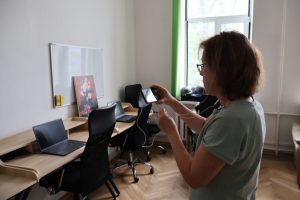
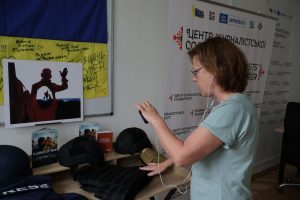
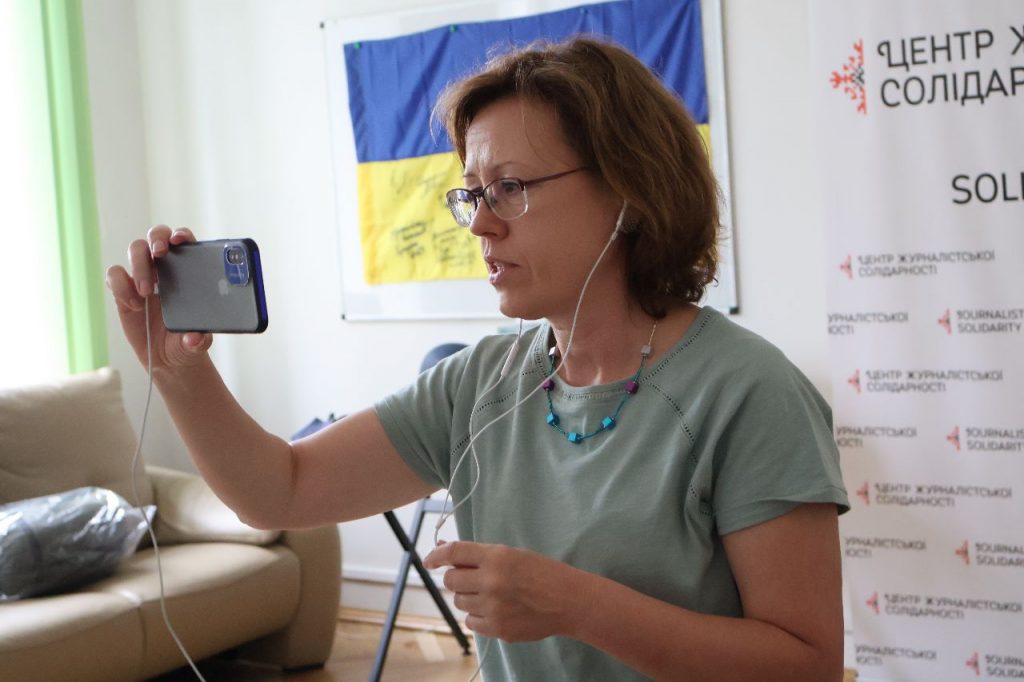
“Thanks to the strong support of our partners, our Journalists’ Solidarity Centers provided support to more than 3,000 journalists!” Sergiy Tomilenko emphasizes. “We count on friendship and help in the future. I am sincerely grateful for the constant support and solidarity of the International and European Federations of Journalists!”
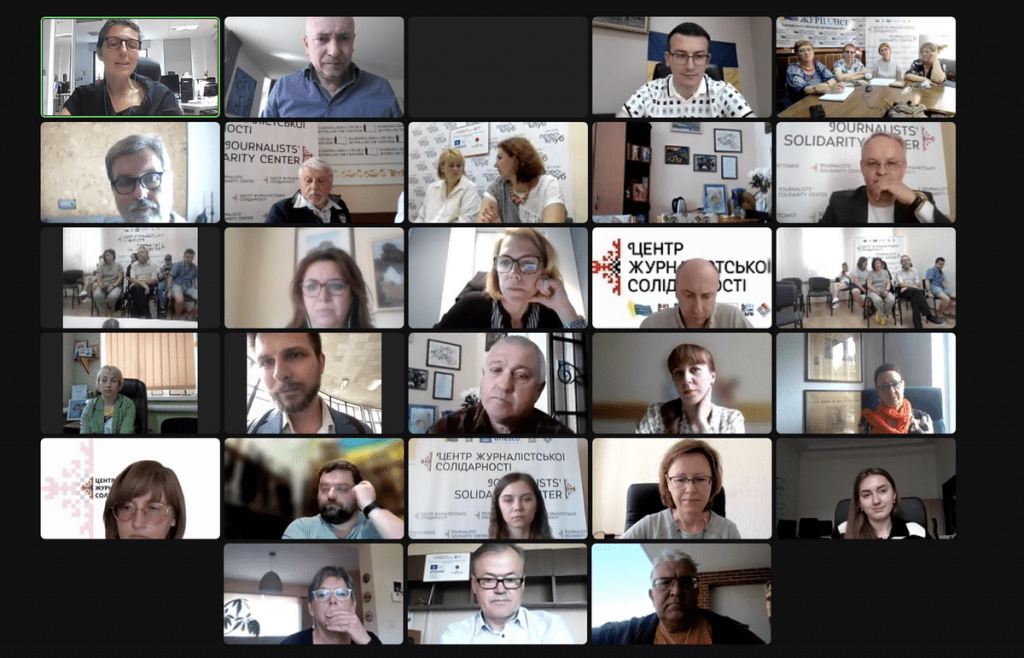
NUJU Information Service

 THE NATIONAL UNION OF
JOURNALISTS OF UKRAINE
THE NATIONAL UNION OF
JOURNALISTS OF UKRAINE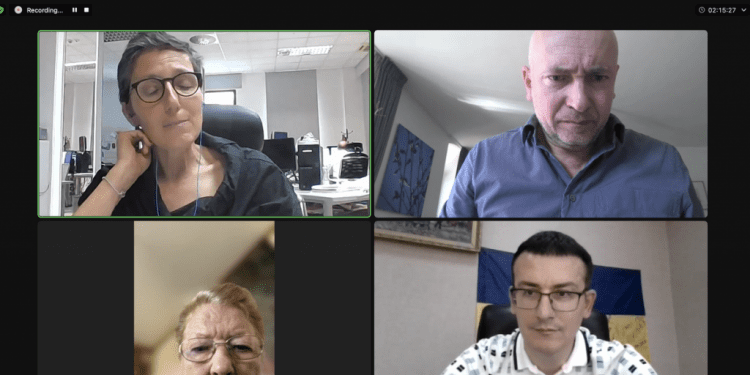
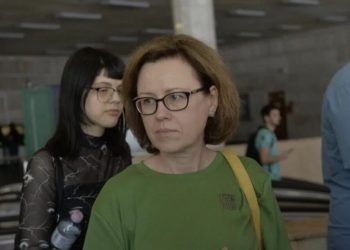
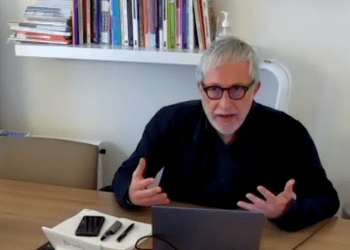
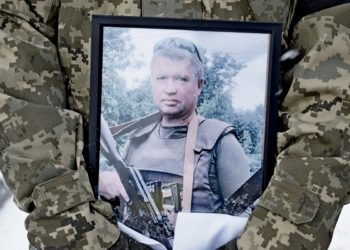













Discussion about this post